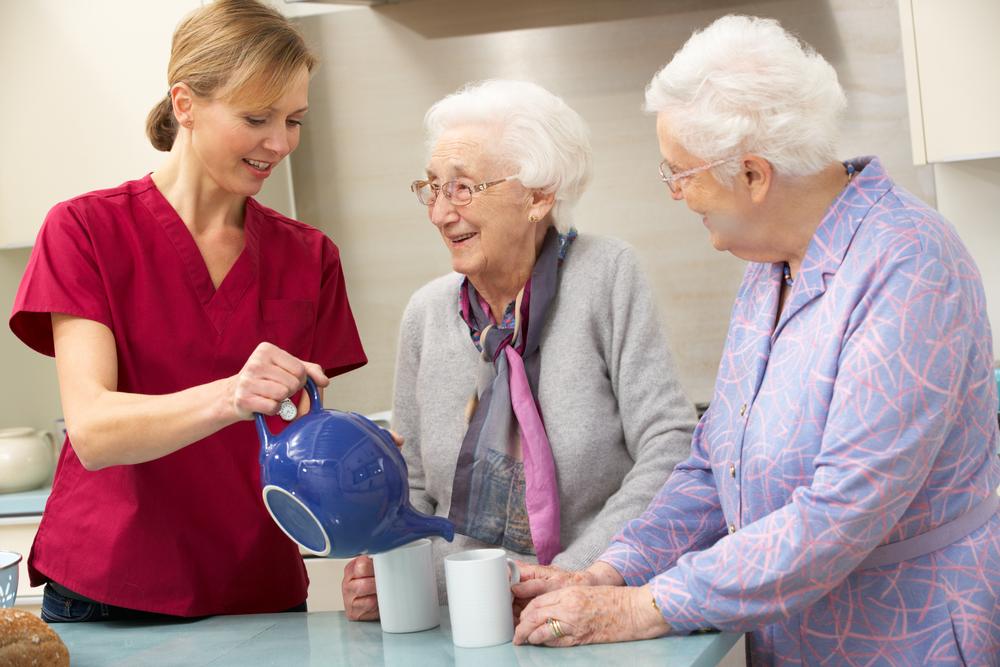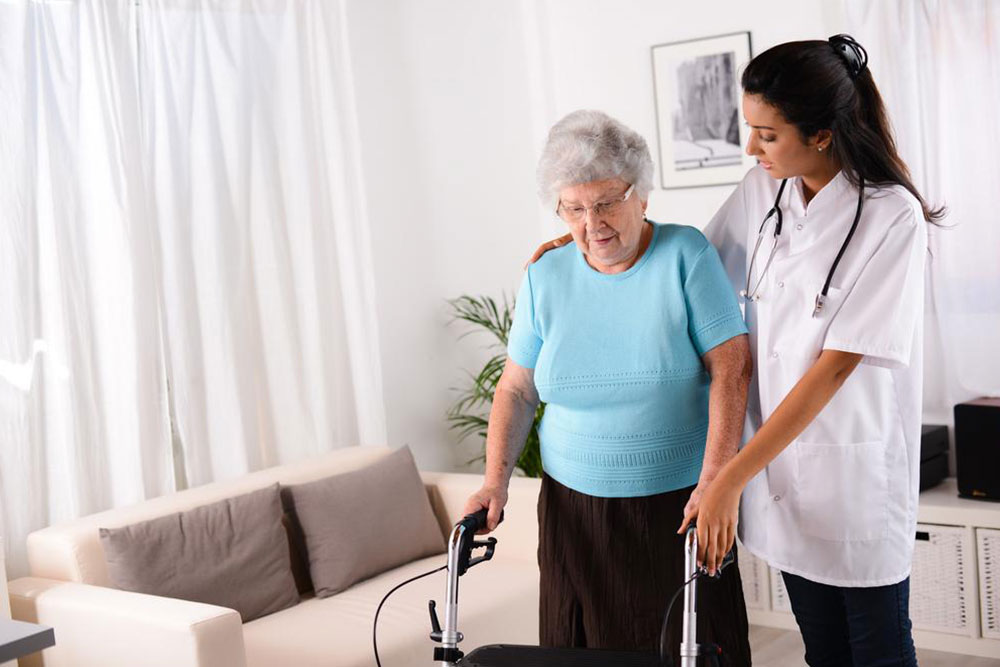Comprehensive Guide to Becoming an Experienced Elderly Caregiver
Discover a comprehensive guide to becoming a skilled elderly caregiver, emphasizing essential qualities, practical steps, and emotional intelligence. Learn how to start your career in caregiving, build experience, and deliver compassionate support to seniors, ensuring both personal fulfillment and positive impact.

Comprehensive Guide to Becoming an Experienced Elderly Caregiver
Embarking on a career as an elderly caregiver is a commendable choice that requires dedication, compassion, and a genuine desire to improve the lives of senior citizens. Whether you’re considering this profession for personal fulfillment or career development, understanding the fundamental steps and responsibilities involved is essential for success and personal satisfaction. This extensive guide aims to provide valuable insights into becoming a proficient elderly caregiver, highlighting key qualifications, practical tips, and the emotional intelligence needed to excel in this rewarding field.
Caregiving for seniors is a role that holds significant social value. It involves supporting elders with daily activities, medication management, mobility assistance, and emotional support while respecting their dignity and independence. Those interested in this field should be prepared for physical and emotional challenges but also recognize the profound impact they can have on an elderly individual’s quality of life.
Starting your journey as an elderly caregiver involves researching potential job opportunities. You can explore positions through reputable home care agencies or directly connect with families via classified ads or community boards. It’s crucial to thoroughly review each job description to ensure your skills and interests align with the responsibilities listed. Understanding the scope of work, expected hours, and specific needs of the elderly individual will help you determine if the position is suitable.
When applying or interviewing for caregiving roles, communicate openly about your experience, limitations, and the types of tasks you are comfortable performing. If you’re new to caregiving, starting with simpler tasks—such as companionship, light housekeeping, or medication reminders—can provide valuable hands-on experience. Partial or short-term positions are excellent for beginning your career; they serve as practical trials that help you assess your aptitude and comfort level in caring for the elderly.
Genuine compassion and a strong desire to help others are fundamental qualities for success in this field. It’s important to remember that this profession isn’t purely motivated by financial gain; it requires emotional resilience and a heartfelt commitment to enhancing a senior’s well-being. This role often involves handling sensitive situations with empathy and patience, making emotional intelligence a vital trait.
Throughout caregiving, maintaining focus and attentiveness is essential. Minimize distractions like mobile devices to be fully present for your clients. Respect their independence and dignity by avoiding condescending attitudes and addressing age-related issues with understanding. Building a friendly yet professional rapport fosters trust and comfort, ensuring seniors feel valued and respected in your care.
Additional training, such as first aid courses, medication management, and understanding common health issues in older adults, can further enhance your skills and credibility. Many caregivers pursue certifications to demonstrate their competence and improve job prospects. Continuous learning and self-improvement are key components of becoming a seasoned and effective caregiver.
Understanding the emotional and physical demands of caregiving can prepare you for a sustainable career. Building resilience, practicing patience, and seeking support from peers or professional organizations can help prevent burnout. In this vital profession, your role extends beyond physical assistance—you become a confidant, a supporter, and sometimes a lifeline for many seniors.
To conclude, entering the caregiving profession with a clear understanding of its responsibilities and a sincere empathetic approach can lead to a fulfilling career. By aligning your skills with the needs of elderly individuals, continuously improving your knowledge, and cultivating compassion, you can become an experienced and trusted caregiver dedicated to making a meaningful difference in others’ lives. Whether you're seeking part-time work or a full-fledged career, this path offers opportunities for personal growth and societal contribution that are truly unmatched.





